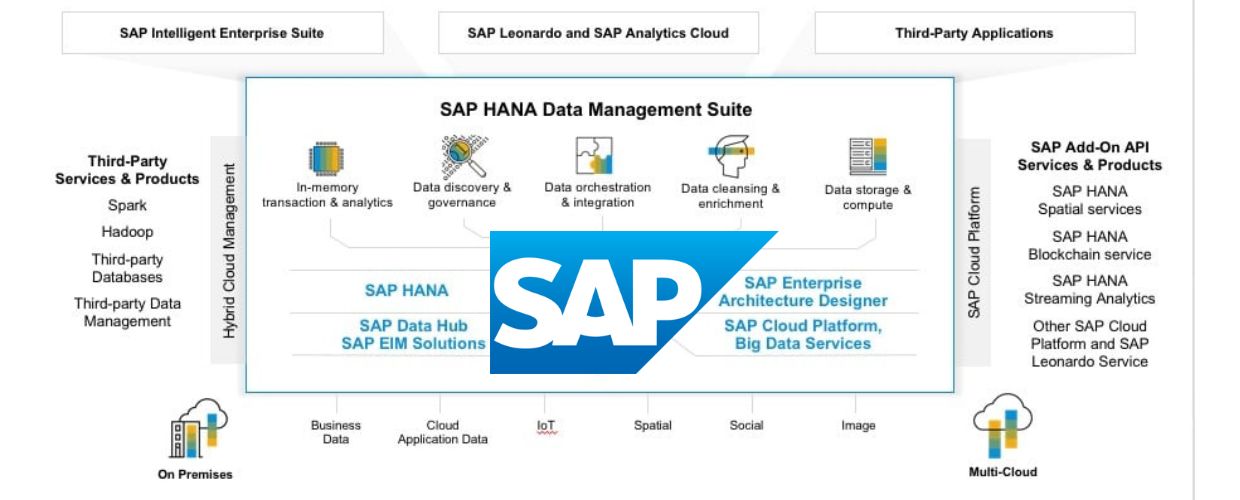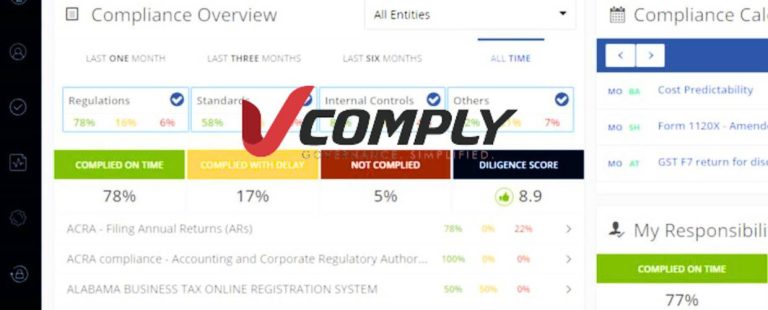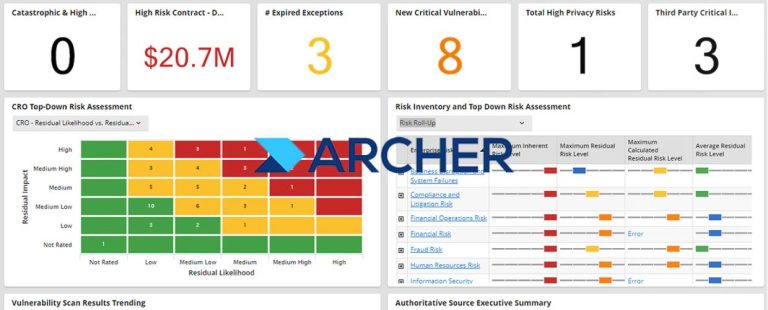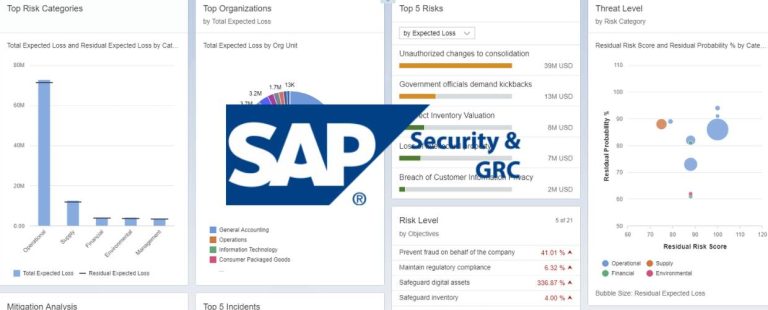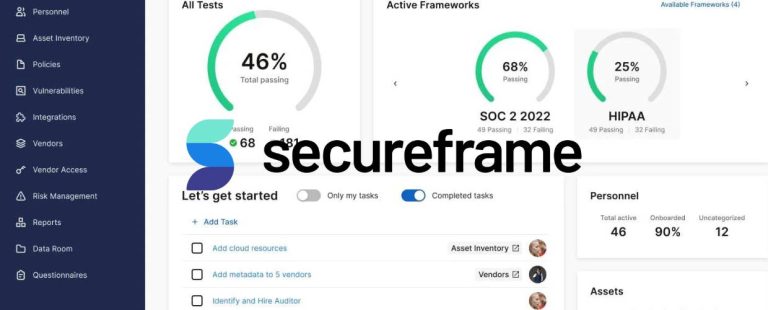Organizations generate and collect vast business data in today’s digital age. This article explores the features, functionalities, and benefits of SAP Data Management, highlighting its significance in enabling data-driven decision-making and fueling digital transformation.
What is SAP Data Management?
SAP Data Management encompasses a range of solutions designed to address the challenges associated with managing and leveraging enterprise data effectively. The platform gives organizations a holistic approach to data governance, integration, quality, and master data management.
SAP Data Management solutions enable businesses to establish a unified view of their data, ensure data integrity, streamline data processes, and derive valuable insights for driving operational excellence and innovation. The software solution offers a comprehensive suite of tools and capabilities that empower organizations to effectively govern, integrate, and utilize their data assets.
Recommendations and Ratings
EXPERT RECOMMENDATIONS
Overall
-
Easy-of-Use - 75
-
Feature and Functionality - 80
-
Customer Support - 75
-
Setup and Integration - 75
-
Value of Money - 80
User Review
3 (1 vote)Key Features and Functionalities
SAP Data Management offers several efficient features and functionalities to robust data management solutions. Some of its features are discussed below.
Data Governance and Compliance
SAP Data Management solutions enable organizations to establish robust data governance frameworks. These frameworks encompass data policies, standards, and procedures that ensure data quality, privacy, security, and compliance with regulatory requirements. With the software solution, businesses can implement data governance practices to enforce data stewardship, define data ownership, and maintain data lineage, fostering trust and integrity in their data assets.
Data Integration and Transformation
It provides powerful data integration capabilities that enable seamless connectivity and data flow across disparate systems, applications, and databases. The platform supports batch and real-time data integration scenarios, ensuring data is synchronized, harmonized, and accessible to relevant stakeholders. By streamlining data integration processes, organizations can enhance data consistency, improve operational efficiency, and accelerate decision-making.
Data Quality Management
SAP Data Management solutions offer robust data quality management capabilities, allowing organizations to profile, cleanse, and enrich their data. Businesses can identify and rectify data inconsistencies, duplicates, and inaccuracies, ensuring high-quality and reliable data. Organizations can improve decision-making, enhance customer experiences, and increase operational efficiency by maintaining data quality.
Master Data Management
The platform includes Master Data Management (MDM) solutions that enable organizations to create a single, trusted view of their critical business data. With MDM, businesses can consolidate and centrally manage master data across different systems and applications. It ensures data consistency, eliminates data redundancies, and improves data accuracy, enabling organizations to make informed decisions based on reliable master data.
Data Lifecycle Management
SAP Data Management solutions support end-to-end data lifecycle management, from data creation and ingestion to archival and deletion. Organizations can define data retention policies, manage data access controls, and establish data archiving strategies to optimize storage resources and comply with data privacy regulations. Businesses can reduce storage costs, mitigate risks, and maintain compliance by managing data throughout its lifecycle.
Benefits of SAP Data Management
SAP Data Management solutions provide several benefits to leverage the full potential of the data and drive meaningful insights—some of its benefits are below.
Improved Data Quality and Integrity
SAP Data Management solutions enable organizations to maintain high-quality and reliable data. Businesses can make informed decisions based on accurate and trusted information by ensuring data governance, integrating data effectively, and managing data quality.
Enhanced Operational Efficiency
By streamlining data integration processes, SAP Data Management eliminates data silos and enables seamless data flow across the organization. It leads to improved operational efficiency, reduced manual efforts, and increased productivity in data-related tasks.
Better Decision-Making
With SAP Data Management, organizations gain access to reliable, consistent, and timely data. It empowers decision-makers to make informed, data-driven decisions, improving business outcomes and competitive advantage.
Regulatory Compliance
The software solutions help organizations meet regulatory requirements by establishing data governance frameworks, ensuring data privacy and security, and enabling compliance with data protection regulations such as GDPR and CCPA.
Accelerated Digital Transformation
By effectively managing data assets, organizations can accelerate their digital transformation initiatives. SAP Data Management provides a foundation for organizations to harness the power of data, drive innovation, and create new business opportunities.
Conclusion
SAP Data Management offers organizations comprehensive solutions to effectively govern, integrate, and utilize their data assets. With robust data governance, integration, quality management, and master data management capabilities, the platform empowers organizations to make informed decisions, drive operational efficiency, ensure regulatory compliance, and accelerate digital transformation. By leveraging SAP Data Management, businesses can unlock the actual value of their data, derive meaningful insights, and stay competitive in today’s data-driven business landscape.
